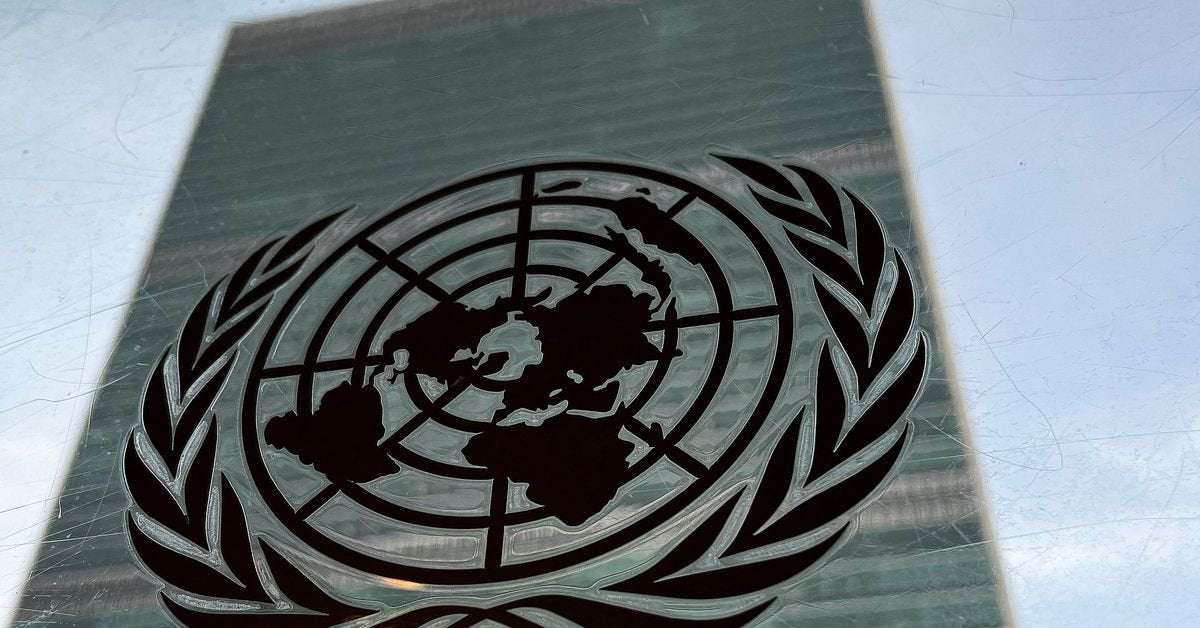Summary Companies Greenhouse gas levels hit new record in 2021
Methane surge is highest since data began
Report comes less than two weeks before COP27
LONDON, Oct 26 (Reuters) - Greenhouse gas concentrations climbed at above-average rates to new records last year, the U.N. weather agency said on Wednesday, warning that time is running out for people to make the transformational changes needed to cap global temperature rises.
The annual report by the World Meteorological Organization is the first of several released ahead of a U.N. climate summit next month in Egypt and aims to spur leaders into action.
Hikes in the atmospheric concentration of all three greenhouse gases - carbon dioxide, methane and nitrous oxide - outstripped the average increase over the past decade, it showed, meaning they are now all at new record levels.
Concentrations of the main greenhouse gas carbon dioxide rose by 2.5 parts per million to 415.7 - a level not seen since at least 3 million years ago when the Earth was much warmer. The jump in the potent, heat-trapping gas methane was the highest since records began in 1983, the report said. Methane is the number 2 gas contributing to warming after carbon dioxide.
The United Nations headquarters building is pictured with a UN logo in the Manhattan borough of New York City, New York, U.S., March 1, 2022. REUTERS/Carlo Allegri/File Photo
"The continuing rise in concentrations of the main heat-trapping gases, including the record acceleration in methane levels, shows that we are heading in the wrong direction," said WMO Secretary-General Petteri Taalas, calling for a transformation in energy, industry and transport systems.
"The needed changes are economically affordable and technically possible. Time is running out," he said.
Greenhouse gases are responsible for warming the planet and triggering extreme weather events like heatwaves and intense rainfall. Unlike emissions which can be cut, such as through reduced travel and industry during the pandemic, much of the carbon dioxide emitted decades ago remains in the atmosphere and activates slow processes like sea-level rises over millennia.
The WMO said scientists are investigating the reason for the exceptional hike in methane levels of 18 parts per billion to 1,908 last year following a similar increase in 2020. The largest contribution came from wetlands, landfills and rice paddies - a factor which might be caused by warmer weather speeding up natural decomposition processes, the WMO said.
Oksana Tarasova, a senior scientific officer at the WMO, called for an expansion of the monitoring network, especially near wetlands. "This is pretty scary. You can't know where you are heading if you don't understand the exact processes," she told Reuters.
Reporting by Emma Farge; editing by Jonathan Oatis
Our Standards: The Thomson Reuters Trust Principles.

Romans-go-home on October 26th, 2022 at 19:35 UTC »
Time ran out 20 years ago. This fatally flawed economic model of infinite growth has proven that no one is willing to take the steps necessary to actually carry out the cuts needed to survive. No one cares as long as their profits keep going up.
OGGeekin on October 26th, 2022 at 19:30 UTC »
I’m tired of everyone blaming citizens as if it’s not the mega corporations practically responsible. We tried recycling and they just throw what we recycle in the same garbages as everything else. It’s corporatism that needs to stop, but they’re making way too much money to care
lexilous on October 26th, 2022 at 19:27 UTC »
In one sense, time has already run out, while in another, there is always time to improve the future. The messaging for decades at this point has been "time is running out," but it doesn't seem to have motivated us to make the necessary changes to actually avoid the coming crisis. Part of me wonders if we need to be more afraid, somehow - if that might be the only way to so dramatically re-define our society. But realistically, the systems we live within are so slow that the best we can hope for is a gradual, lethargic, but accelerating shift to renewable fuels and sustainable practices. There will be famine and flooding, fire and war. Our aim now must be to make things better than they could have been. We can still make sure that climate migrants in 20 years have somewhere to go; that warming in 70 years is 3 C instead of 5C; that our descendants in 500 years are bringing the earth back into balance, instead of living in a wasteland. Now that it is too late to avoid disaster in our lifetime, we must do everything we can to keep hope for those who will live on after us.